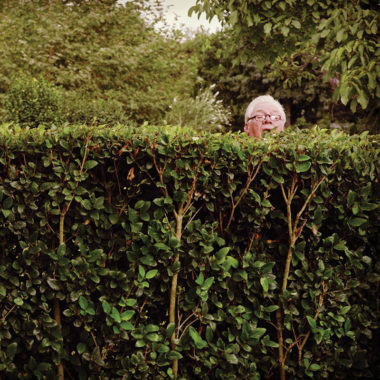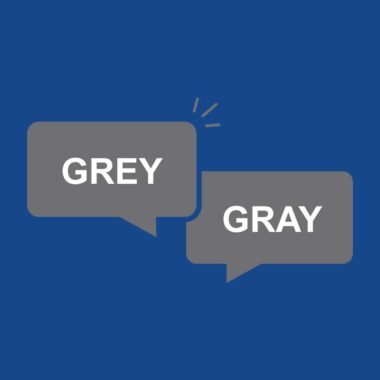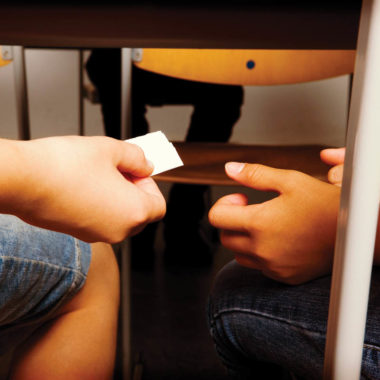What Is The Difference Between “Immigration” vs. “Emigration”?
There are a lot of words to refer to people who move from one place to another. Some are used in overlapping ways, but there are key differences between many of them, including whether the person is coming or going, and for what reasons. In this article, we’ll break down the differences in meaning and use between the words immigration and emigration, the related forms …











